
Understanding the Norwegian Training Method
Lately, the Norwegian method for endurance training has the world abuzz. In reality, its core tenets have been around for decades.

Lately, the Norwegian method for endurance training has the world abuzz. In reality, its core tenets have been around for decades.

We dive into the physiology and physics of climbing by bike, and offer tips on how you should climb given your type of engine.
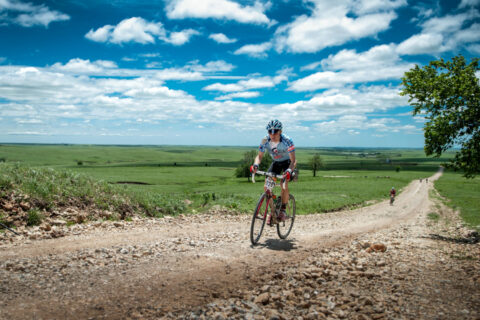
We explore the training, pacing, sleep strategies, and psychology of ultra-cycling events.
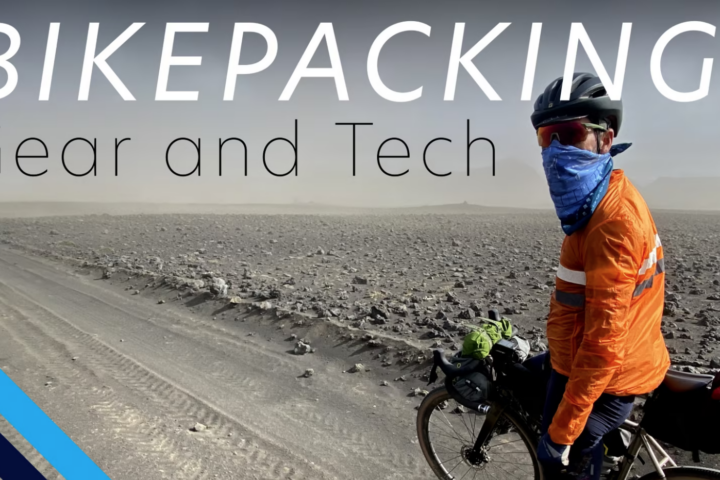
What do you pack for a bikepacking adventure when self-sufficiency is the key to success? Chris Case explains the process of picking and packing all that gear.
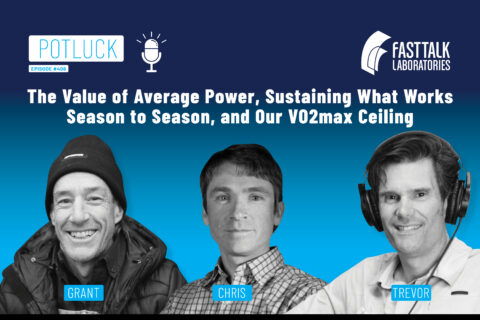
In this week’s potluck episode, we discuss when and how to best use average power from our rides, whether there’s a ceiling to our VO2max capacity, and how we can replicate success from season to season.
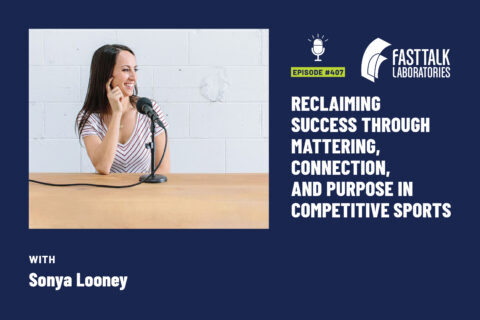
Mattering is the experience of adding value and feeling valued, both to the self and interpersonally. It’s the feeling of being seen, heard, valued, and needed. It’s a psychological need and a human instinct, but is rarely discussed in performance contexts.
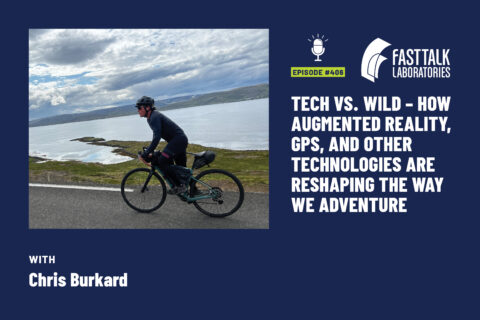
Technology has penetrated deep into the wilds of the world, be it with GPS, satellite communications, drones, or other forms of gadgetry. Adventure photographer and endurance athlete Chris Burkard breaks down how tech is impacting our wild sides.
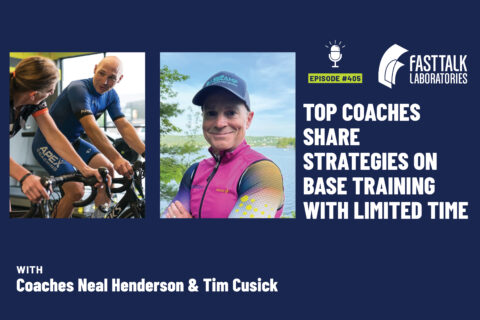
The truth about base training for time-crunched cyclists—what to cut, what to keep, and what actually moves the needle.

Across cycling disciplines, American riders male and female had exceptional success. USA Cycling’s Chief of Sports Performance details the highlights, addresses.
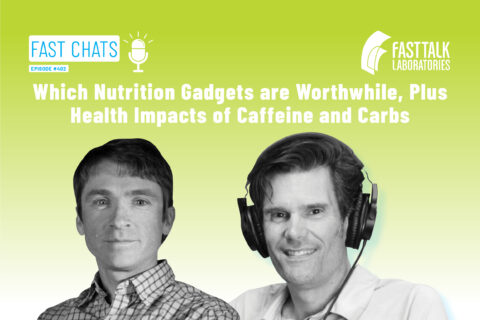
Athletes can now perform sweat analysis, check skin temperature, and monitor insulin in the field. But should they? We review the latest in nutrition technologies. We also talk about the potential adverse impacts of carbohydrates and caffeine on our health.
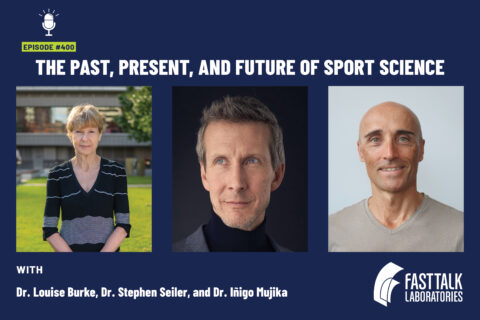
For our 400th episode we invited three of the most prominent names in exercise physiology to discuss where we are and where we’re going in endurance sports science.
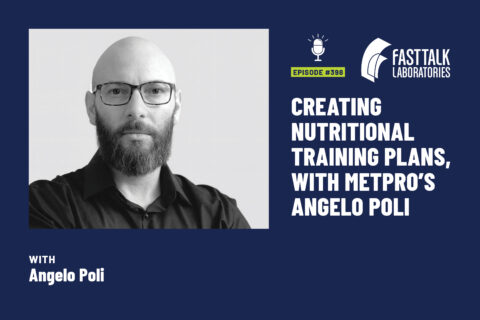
As athletes, we understand the need for training plans, but have you ever considered applying the same principles to your nutrition? This episode discusses how it’s done.
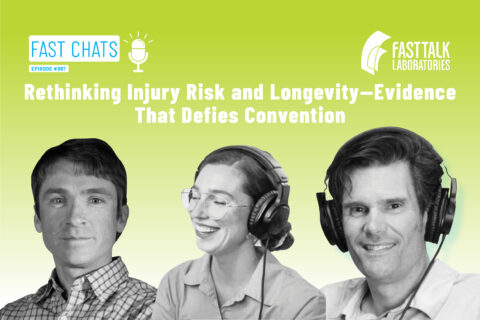
Two new studies challenge common assumptions: intensity may matter more than volume for healthy aging, and triathlete injury patterns aren’t what most coaches would predict. We unpack what this means for training prescription, and why neuromuscular and strength work belong in every plan.
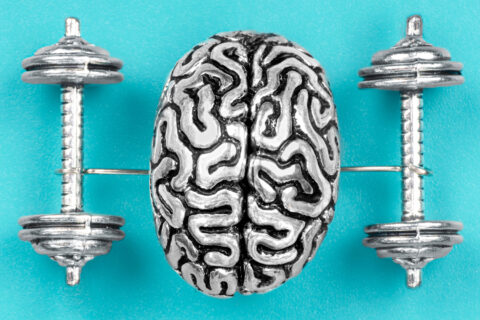
Drawing from the latest in sports psychology, this course gives coaches a structured approach to developing mental skills and resilience with guidance from Dr. Simon Marshall and pro triathlete and world champion Lesley Paterson.
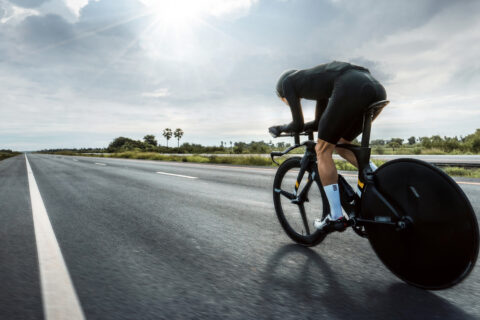
This course from Dr. Brian Butki and coach Grant Holicky shows coaches how to prepare athletes mentally for race day with Race Day Cognitive Plans, visualization drills, and plug-and-play cues to help athletes achieve their IZOF.
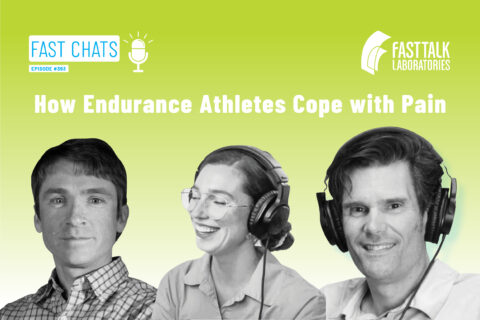
We unpack what pain really means in endurance sport and how ultra-athletes use interoception, mindset, and adaptive coping (vs. maladaptive spirals) to finish stronger—less suffering, more control.
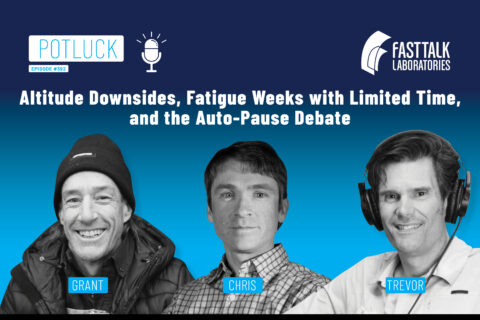
In this week’s potluck episode, we discuss whether there are issues with coming down from altitude, how to do a fatigue week with limited time, and whether or not to use auto-pause.

Discover what happens to your body when you stop training. Dr. Iñigo Mujika explains detraining effects and how athletes can manage time off.
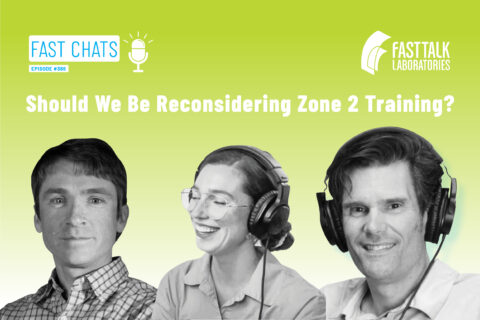
Zone 2 training has become all the rage, but a 2025 review is taking a step back and questioning whether it really produces the gains we thought it does.
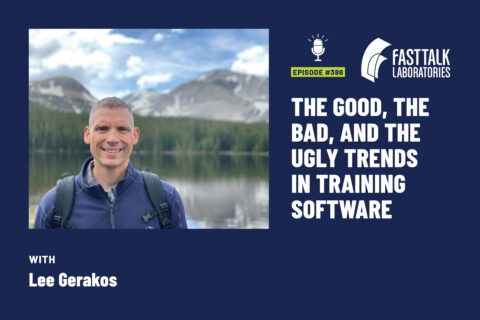
TrainingPeaks CEO, Lee Gerakos, joins us to discuss the current trends in training software and where he thinks they are going.
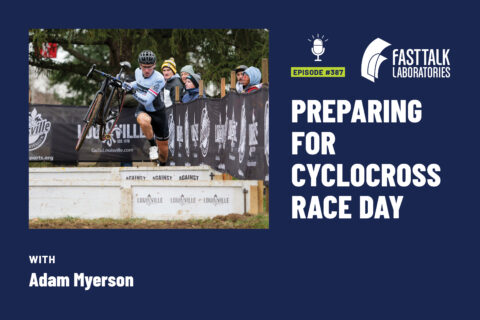
Cyclocross veteran Adam Myerson shares the essential race-day strategies—covering equipment, course inspection, warm-up, nutrition, and tactics—that can make or break your season.
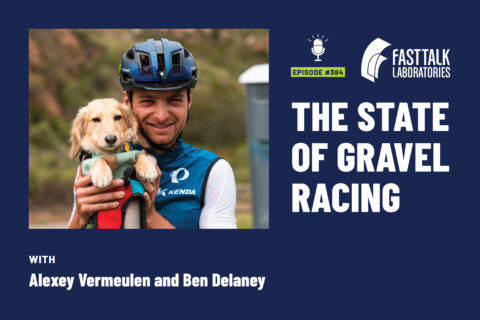
We’re joined by the Michigan-born gravel racer and the longtime cycling journalist to explore the good, the bad, and the ugly of gravel racing and riding in 2025.